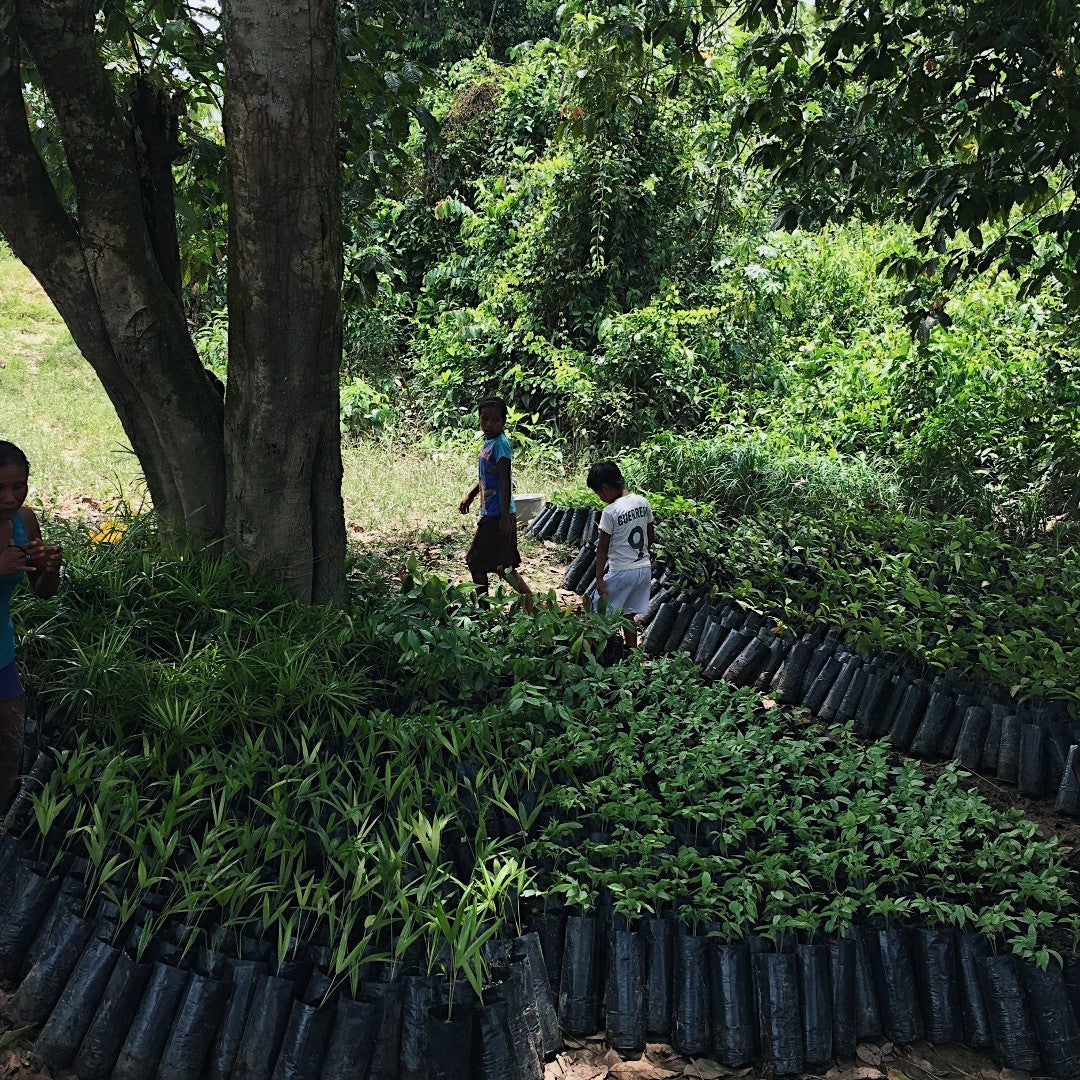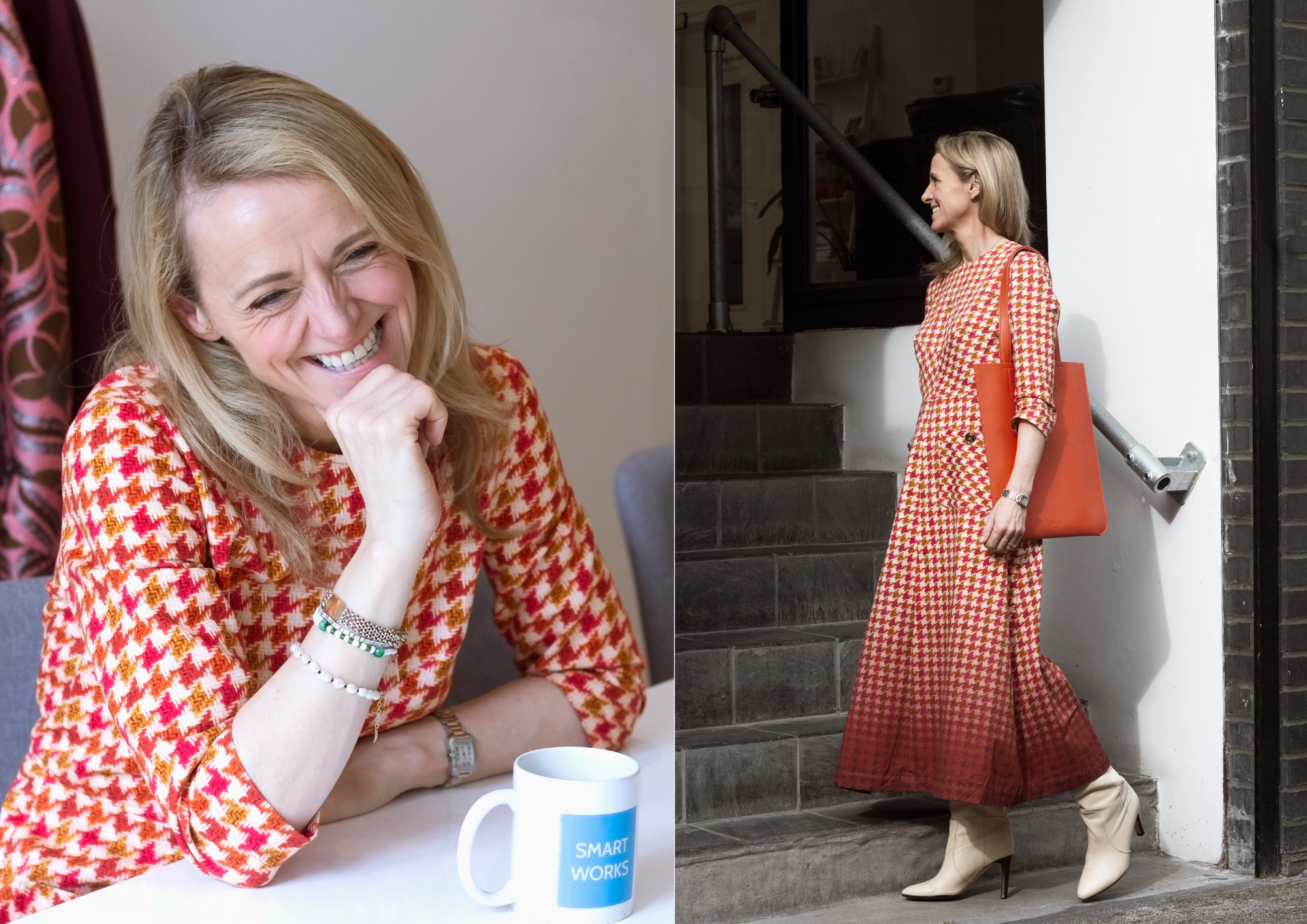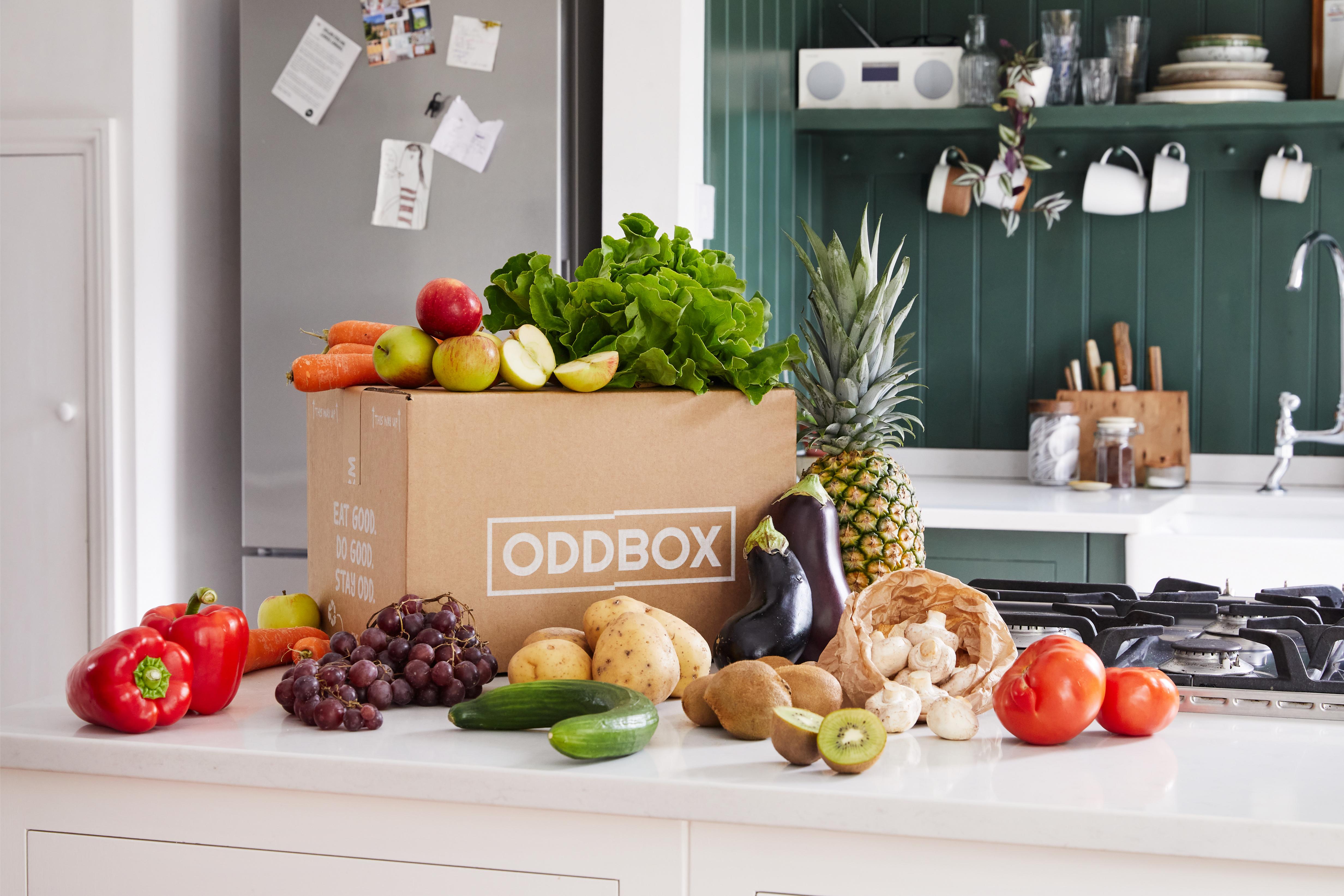Since July 2020, we have been planting trees to reconnect with the wider world and highlight the importance of forests.
Forests are essential for our planet; they produce oxygen and absorb CO2 as well as other greenhouse gases that contribute to climate change. They are the second-largest carbon stores globally, housing 80% of the world’s terrestrial biodiversity and supporting 300 million people, including 60 million indigenous individuals. Additionally, approximately 2 billion people depend on forests for their livelihoods, providing resources such as fruits, wood, fuel, and even medicines.

What's the problem?
Forests cover about 30% of the world’s land but are disappearing rapidly. The World Bank reports that an area larger than South Africa was lost between 1990 and 2016. With some world leaders promoting deforestation, activities like livestock grazing, urbanisation, drilling, and farming continue to erode remaining forests. This is disastrous, as deforestation not only stops forests from capturing CO2 but also exacerbates climate change by releasing stored carbon.
At BEEN, we strive for the greatest positive impact in every aspect of our business, considering the environmental and social effects of our designs, materials, and processes.
When it came to promoting our best selling colour, Rainforest Green, we launched a tree-planting initiative: for every product sold, we plant a tree. So far, this initiative has resulted in 866 trees planted, reforesting 0.74 hectares and capturing 164.23 tonnes of CO2.

Our partner
We chose to partner with Tree-Nation, a Belgian non-profit mainly based in Spain, for our tree-planting initiative due to several key reasons:
Diverse Projects: They have numerous reforestation projects across different continents, featuring a wide variety of native species and forest types.
Sustainable Practices: Their reforestation engineers prioritise biodiversity and avoid problematic monocropping, while also supporting indigenous communities where possible.

Our project
Our project initially focused on the Amazon Rainforest, which is nearing a critical deforestation tipping point of 25%. We partnered with Camino Verde, a Peru-based non governmental organisation that works in degraded areas of the Amazon, particularly affected by agriculture and illegal gold mining. They effectively balance reforestation efforts with the livelihoods of local communities.
Camino Verde plants over 400 tree species, starting with Bobinsana (Calliandra angustifolia), a quick-growing pioneer species that helps restore degraded land. This tree fixes nitrogen, produces dense trunks, and supports the cultivation of vanilla and passionfruit vines. While it may not change the world alone, collective positive actions can lead to a brighter future.






